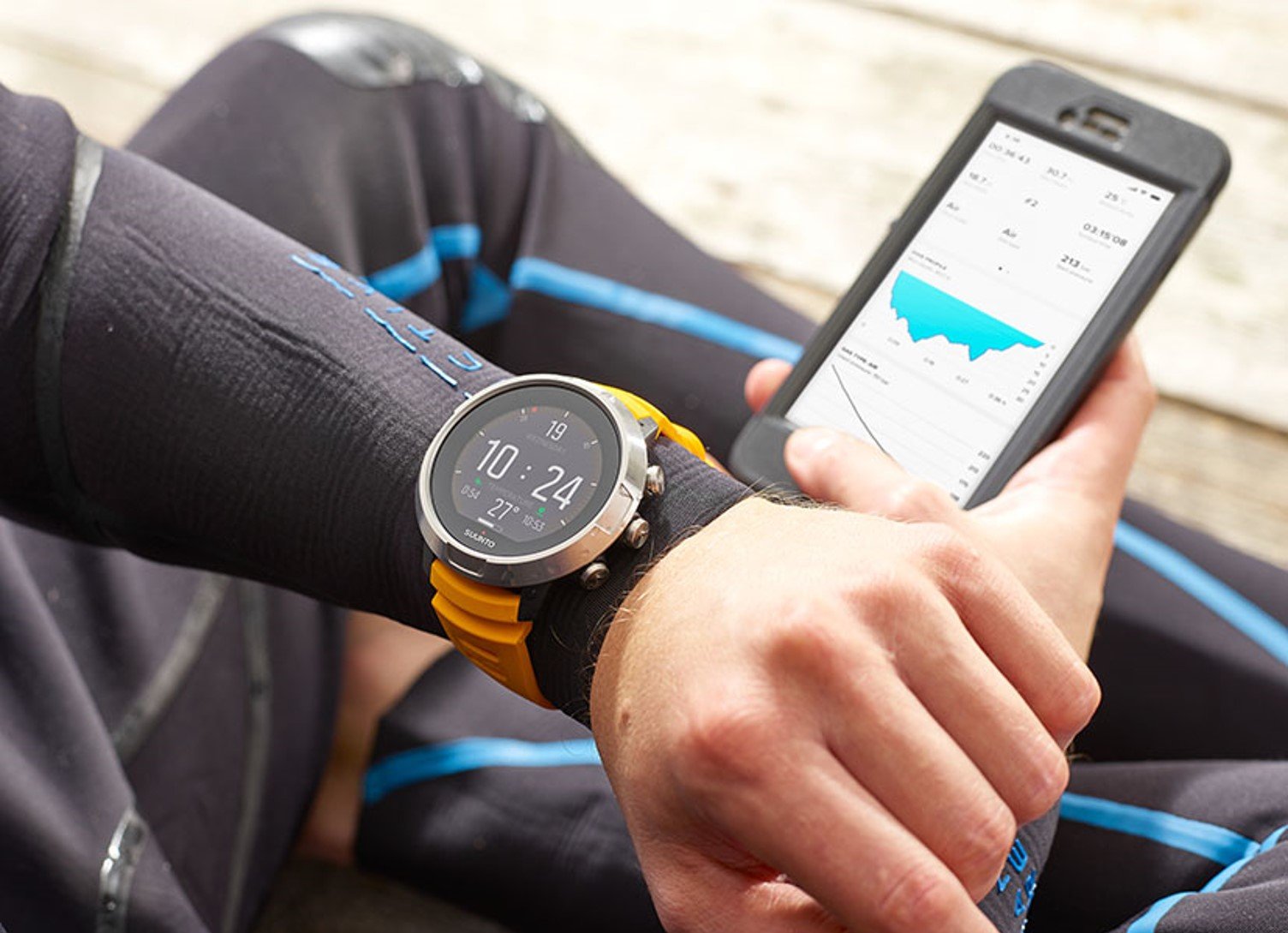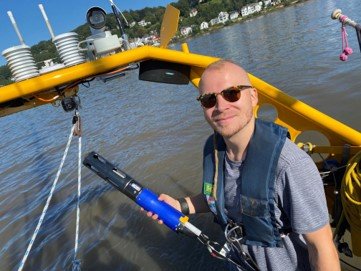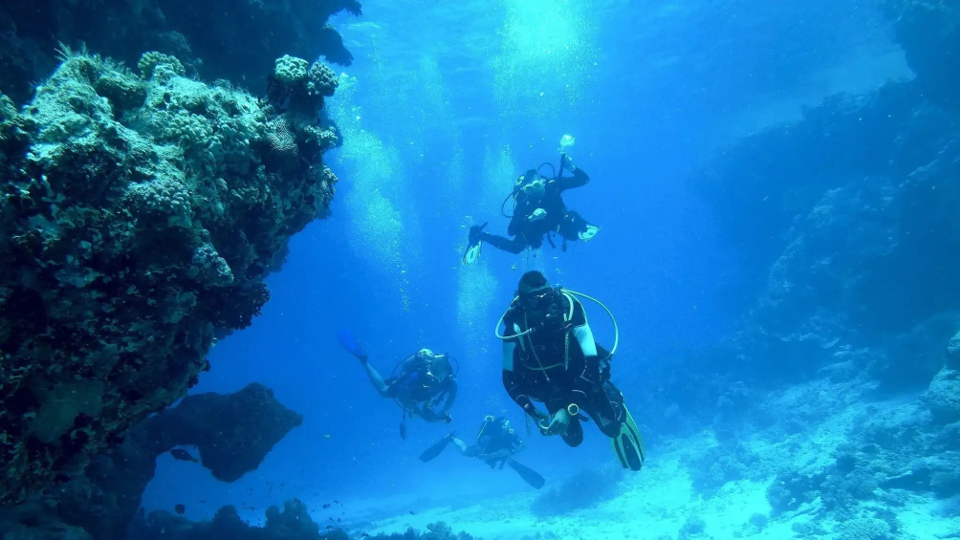
Citizen Science
The German Ocean Foundation, in collaboration with key partners from the water sports industry, has launched a broad-based citizen science initiative. The aim is to encourage water sports enthusiasts to collect sustainable biogeochemical marine data in a simple but high-quality and comprehensive form. This initiative creates an individual and emotional connection between water sports and science. In addition, high-quality and high-resolution data is passed on to the scientific community quickly, transparently and effectively.
What makes this project so special? Its simplicity: Water sports enthusiasts already collect important marine data every time they go into the water. With very little effort, this data can be collected and used to further protect and conserve the ocean.
The interdisciplinary use of sustainably collected marine data can improve research and contribute to the protection of the ocean. The data, for example water temperatures along depth profiles, fulfill a variety of important purposes such as improving weather forecasts for extreme weather events and supporting marine and climate research. By collecting sustainable marine data, you can make a very important contribution to the fight against climate change, biodiversity loss and the depletion of water resources.
Sustainable data from the diving industry, in particular from Scuba Schools International (SSI), is collected, collated and anonymized from thousands of dive computers via the SSI app. The data measured at the respective dive sites for temperature, depth, georeference and pH value are subjected to a harmonization and standardization process and published in the central scientific data portal of the European Union (EMODnet). From there, scientists from all over the world can transparently access standardized data layers from all over Europe. The data is visualized immediately and clearly in EMODnet. This allows water sports enthusiasts who have made their data available to directly track the success and competent use of their data themselves.
The volume of data in EMODnet is estimated at thousands of temperature profiles and other biogeochemical profiles, with a focus on shallow water areas close to the coast (above 20 m). This will significantly enhance the existing EMODnet database, for which there is a steadily growing and more diverse demand from the European and international research, policy and business communities.









